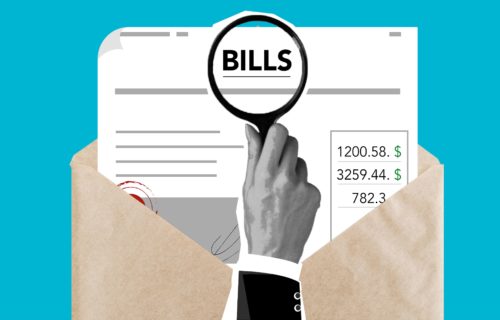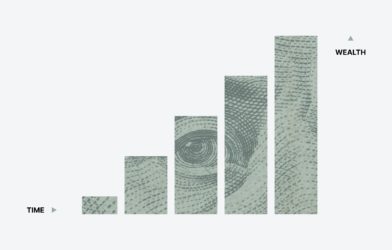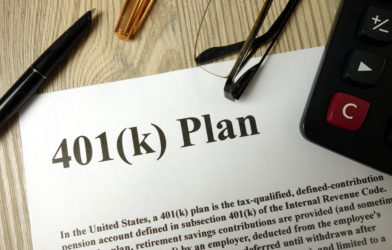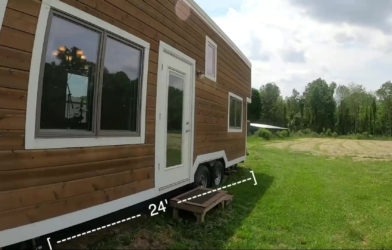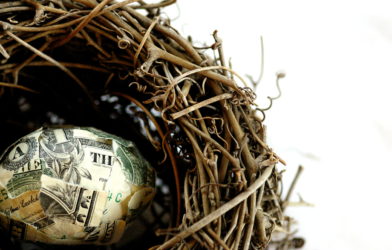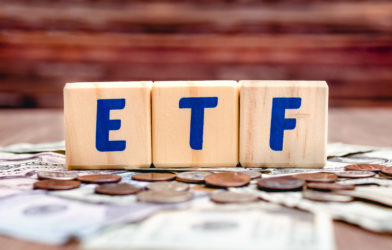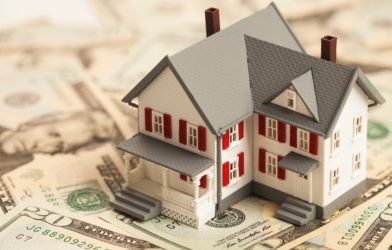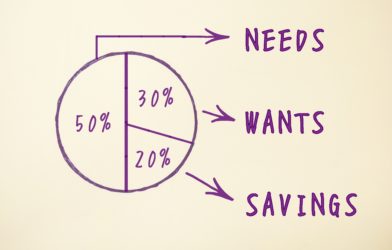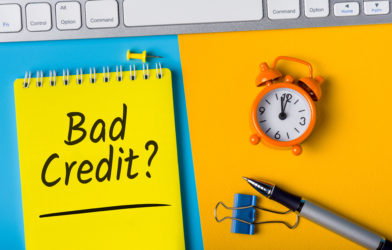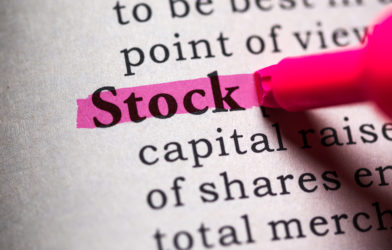Debt can be a major source of stress and anxiety. It can feel like you’re constantly treading water, never getting ahead. The weight of debt can take a toll on your mental and physical health including your relationships.
Nearly 80% of Americans have debts, from student loans to credit card debt to mortgages. The problem with debt is that it can be very easy to accumulate, but much more difficult to pay off.
If you’re struggling with debt, you’re not alone. Here are seven tips to help you get out of debt and take control of your finances.
How much debt do you have?
The first step in paying off debt is to figure out how much money you owe. Do you have a personal loan, credit card balances, student loans, auto loans, a mortgage, or other types of debt?
Log into all of your accounts and create a written or digital log of your debts, marking down how much you owe, what your interest rate is, and who you owe it to. While it might feel scary, tallying up your debts is an incredibly important first step to becoming debt-free. Once you know how much debt you have, you can start creating your debt payoff plan and improve your financial situation.
7 tips to pay off debt
Anyone who has ever been in debt knows how difficult it can be to get out. However, there are a few tried-and-true methods that can help you get out of debt and regain financial freedom.
1. Stop accumulating debt
If you’re struggling with debt, the last thing you want to do is take on more debt. This can be difficult, especially if you’re used to using credit cards to buy whatever you want.
However, it’s important to remember that debt is not a tool that should be used for everyday expenses. If you’re serious about getting out of debt, you can start living within your means by using cash or debit instead of credit.
2. Set a debt payoff goal
One key element of paying off debt is knowing what your financial goals are. Do you want to be debt-free within two years? Or are you more concerned with reducing your monthly payments? The faster you pay off your debt, the less interest you will pay overall.
Once you know what your goals are, you can start working towards them as you make your minimum monthly payments, decide whether you want to be putting extra money towards paying off debt, and figure out your budget for debt payoff.
3. Understand your monthly payments
List out all of your debts, including credit cards, medical bills, and student loans. Then, figure out how much you can realistically afford for each monthly payment. It’s important to keep up with your monthly payments so that you don’t default on your debts, negatively affect your credit, or get into deeper financial trouble.
If you can’t afford your current monthly payment, contact your lender to see if you can adjust your repayment plan. If you can afford more than your minimum monthly payments, you can make a plan for making extra payments to pay off your debt faster.
4. Live on a budget.
Take a look at your debt payoff goals, your minimum payments, and your current spending to create a budget. You may need to drastically adjust your lifestyle in order to pay off your debt within a reasonable timeframe.
This may mean giving up dining out, entertainment, and other discretionary expenses to put more money towards paying off debt. If you have more significant debts, you may need to downsize your home or car to free up more money so you can make room in your budget for an extra payment towards debt each month.
5. Use the debt snowball method
If you’re looking to get out of debt, you may have heard of the debt snowball method. It’s a simple but powerful principle: pay off your smallest debt first, then move to your next smallest debt, and continue your debt payoff process from the debt with the smallest balance to the largest balance.
This gives you the opportunity to celebrate quick-wins and reduce the number of minimum payments you are making. Once you pay off a small debt, you can then use that momentum (and the money that was going towards that minimum payment) to tackle your debts with larger balances.
6. Use the debt avalanche method
Another debt payoff strategy is called the debt avalanche method, which involves making debt payments from highest to lowest interest rate. The debt avalanche method is similar to the debt snowball method, but it’s geared towards people who are looking to save money on interest.
With this method, you’ll focus on paying off your debts with the highest interest rates first. This will save you money in the long run, but it may not give you as much of a motivational boost as the debt snowball method. If your highest interest debt is also your largest debt, it can take quite a while to see the results of all of the extra payments you are making.
7. Increase your income with a side hustle.
If you’re looking for a way to get out of debt, consider increasing your income with a side hustle. A side hustle is a part-time job or business that can generate additional income. While it may not be enough to completely pay off your debt, it can help you make progress and pay down your balance faster.
There are a number of ways to find side hustles, including online job boards, social media, and word-of-mouth. Once you find a few potential opportunities, research them to make sure they’re legitimate and something you’re interested in. Then, create a plan for how you’ll fit your side hustle into your schedule and start earning extra money.
Debt Reduction Strategies
There are several different debt payoff strategies that you can use in tandem with putting more money towards paying off your debt. However, these debt payoff strategies have downsides to be aware of, so do your research to make sure you don’t spend extra money or damage your credit in the long run.
Refinancing
Taking out loans with lower interest rates to refinance your debt can help you pay off debt faster. Personal loans are a better choice than payday loans, which can be predatory and have extremely high interest rates.
However, taking out a loan to pay off debt can be a bad idea if you are moving an unsecured form of debt to a secured form of debt. Secured debt requires collateral, such as your house, which you’d forfeit in the case of non-repayment. For example, taking out a home equity line of credit (HELOC) to pay off credit card debt is not necessarily a good idea because you’re putting your home at risk if you default on the loan.
Debt Consolidation
Debt consolidation is when multiple debts are combined into a single, larger debt that you borrow from a bank. Debt consolidation can reduce the number of monthly payments you need to make and could make your debt payoff simpler and more manageable.
However, be sure to read the fine print. You may be better off keeping your debts as is, especially if debt consolidation would increase your repayment period and penalize you for early repayment or increase your interest rates.
Debt Settlement
Debt settlement is where you negotiate with your creditors to try to get a lower overall balance. While this can be a effective way to reduce your debt, it’s important to know that there are risks involved. Debt settlement scams are prevalent, and even legitimate debt settlement plans can negatively affect your credit.
Debt settlement companies often encourage you to stop paying your debts and instead start paying to a bank account they control. They then use that money to try to negotiate a settlement with your creditors. However, creditors are under no obligation to accept the settlement, so you could end up even further in debt if they don’t.
The Bottom Line
Debt can be a major financial burden, but it doesn’t have to be permanent. There are a number of resources and strategies available to help you get out of debt. With a little effort and dedication, you can eliminate your debt and begin building wealth. If you’re ready to get started, follow the tips above and start on the path to financial freedom today.
